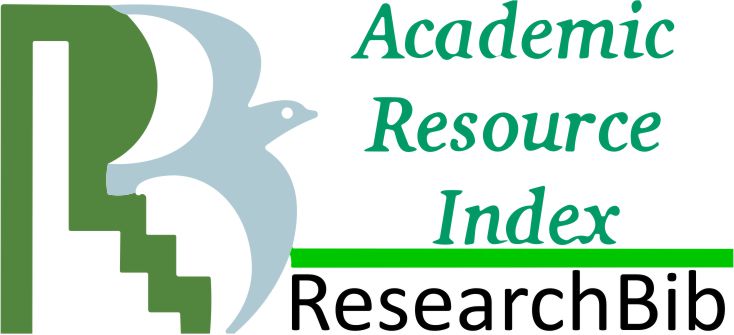DOI
10.21002/jaki.2005.10
Abstract
The purpose of this study is to evaluate whether companies who are behind schedule in submitting theirfinancial statement to Bapepam tend to do more earnings management than those who are on time. This study also evaluates other factors of earnings management, such as leverage, firm size, availability of audit committee and independent board, and audit quality. Using the proxy of discretionary accruals as the indicator of earnings management, this study finds that behind-schedule companies show higher average of discretionary accruals than on-time companies. Statistics also show thatfinancial indicators for these companies are significantly different. Further, this study finds that leverage has a negative relation with discretionary accruals while firm size has a positive relation with it. This study also finds that companies in compliance to Bapepam regulation about audit committee have lower average of discretionary accruals than those not complying to Bapepam regulation and/or without audit committee. Finally, this study finds that big-4-audited companies have lower average of discretionary accruals than other companies. This study, however, does not provide any empirical evidence to support any relation between the proportions of independent board to discretionary accrual level.
Recommended Citation
Permatasari, Ika
(2005)
"MANAJEMEN LABA DAN STATUS KETERLAMBATAN PERUSAHAAN DALAM MENYAMPAIKAN LAPORAN KEUANGAN TAHUNAN,"
Jurnal Akuntansi dan Keuangan Indonesia: Vol. 2:
No.
2, Article 3.
DOI: 10.21002/jaki.2005.10
Available at:
https://scholarhub.ui.ac.id/jaki/vol2/iss2/3












